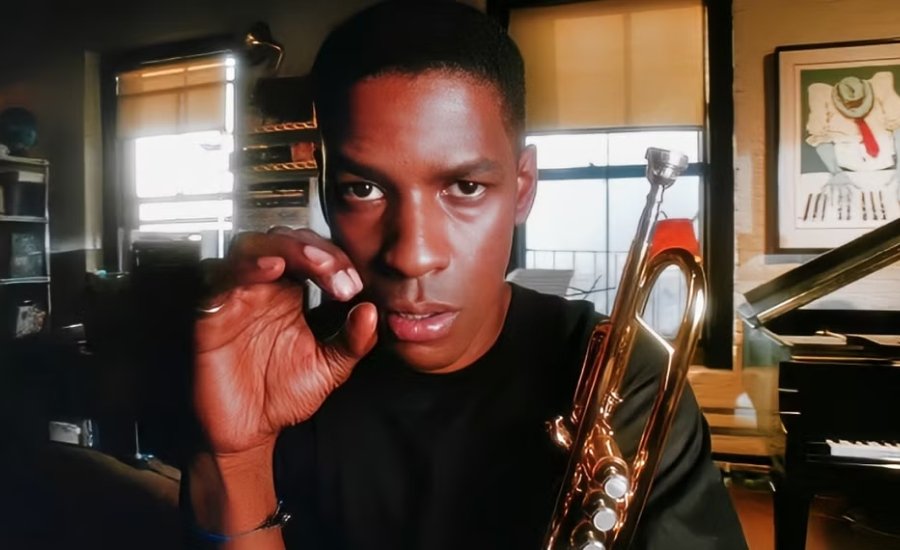Over the past three decades, Spike Lee and Denzel Washington have emerged as one of the most powerful director-actor duos in American cinema. Their collaborations — ranging from politically charged dramas to intense thrillers — have not only delivered critical and commercial success but also helped define the landscape of modern Black cinema. Films like Malcolm X, He Got Game, and Inside Man are etched into cinematic history, and fans are eagerly anticipating their upcoming project, Highest 2 Lowest, slated for release in 2025.
But before these landmark films, the duo’s first-ever collaboration was a relatively under-the-radar movie that perfectly showcased their creative synergy: Mo’ Better Blues (1990).
A Jazz Tale That Strikes a Personal Chord
Released just after Lee’s breakout hit Do the Right Thing, Mo’ Better Blues introduced audiences to Denzel Washington’s portrayal of Bleek Gilliam, a brilliant yet emotionally conflicted jazz trumpeter. The film dives deep into the complex life of an artist at odds with his ego, relationships, and the demands of his craft.
What makes this film so intriguing is how it steps away from traditional narratives. Rather than conforming to a specific genre, it blends elements of musical drama, romance, and psychological exploration. Washington’s Bleek is not a hero in the traditional sense — he is deeply flawed, self-absorbed, and at times self-destructive. Yet it’s through these imperfections that Washington shines, delivering a nuanced performance that hints at the powerhouse roles he would go on to play.
Spike Lee’s Personal Vision
Spike Lee has always been a filmmaker unafraid of confrontation — with society, with race relations, and even with himself. In Mo’ Better Blues, there’s an almost autobiographical undercurrent. Bleek’s internal struggles mirror the doubts and dilemmas faced by any creative person grappling with success, loyalty, and identity.
Lee’s directorial touch in the film is vivid and theatrical. The jazz sequences burst with color, rhythm, and style. The camera moves with a musicality of its own, drawing viewers into the smoke-filled world of late-night clubs and backstage drama. It’s one of Lee’s most visually striking films, and it showcases his unique ability to blend artistry with commentary.
Supporting Cast and Lasting Impact
Alongside Washington, the film features standout performances from Wesley Snipes, Giancarlo Esposito, and Spike Lee himself as Bleek’s childhood friend and manager, Giant. The soundtrack, crafted by jazz legend Branford Marsalis and pianist Terence Blanchard, is integral to the film’s immersive atmosphere and emotional resonance.
Though Mo’ Better Blues didn’t receive the same widespread acclaim as Do the Right Thing or Malcolm X, it remains a deeply personal and ambitious work that’s worthy of rediscovery. It captures a raw and formative moment in both Lee and Washington’s careers — a time when they were still carving out their places in Hollywood but already showing signs of brilliance.
A Must-Watch for Fans of the Duo
If you’ve admired the collaborations between Spike Lee and Denzel Washington over the years, Mo’ Better Blues is essential viewing. It may not be their most famous film, but it’s one that encapsulates their artistic courage, emotional depth, and unflinching commitment to storytelling. At its heart, it’s a story about what it means to create, to love, and to lose — all played out against the soulful, improvisational backdrop of jazz.
And in revisiting this gem, you just might see the early magic that would later transform into cinematic greatness.
Watch Mo’ Better Blues Trailer: YouTube
More on Spike Lee’s Filmography: IMDb
Denzel Washington’s Career Highlights: IMDb
Behind the Scenes of Mo’ Better Blues: Rotten Tomatoes






